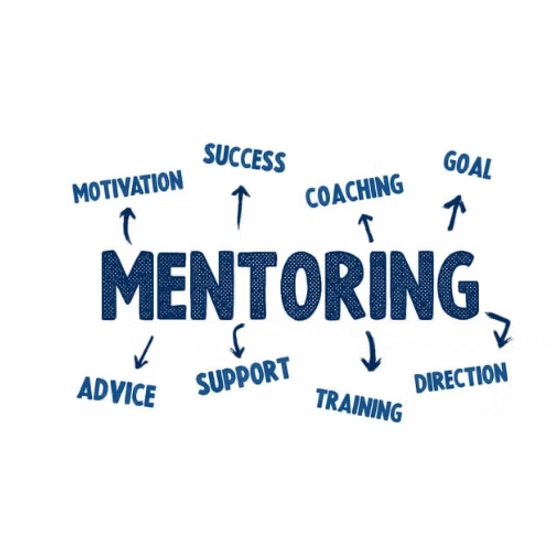Mentoring…What Is It And What Are The Benefits?
The term mentoring is often thrown around, often along with the term coaching but what is the difference and why is it important for both career development as well as the development of leaders.
The first time it was suggested to me that I should get a mentor I wasn’t sure what that was or how that would benefit me.
To be honest I thought I had people in my life that I talk to about my life and educators that help me with the practical things I need to know so why would I need to enter into a what I perceived as a “fake” and sometimes uncomfortable relationship with someone to tell me what I should do.
Once I learnt what a mentor was I realised that I had entered into many different mentoring relationships in the past I just hadn’t labeled it as such and often these ‘mentors’ weren't necessarily with the right people.
So I set out on finding mentors that would help to really hold my hand and walk me through some of the most challenging experiences in my life.

The first thing I had to do was work out how to find the right mentor. A rule of thumb I have learnt is simple, you wouldn’t seek out a financial advisor that has no personal wealth, so my mentors have achieved a level of success that I aspire to…simple!
Today I have many mentors in my life and all service a different purpose depending on what I need at the time and what I am working towards. I have personal mentors, professional mentors, business mentors and even peer mentors that all play an important role in helping me through each area of my life to level up to achieve my goals in life.
So what is a mentor…..
A mentor is an experienced expert who offers guidance by imparting not only job-related knowledge but also advice on maneuvering through the professional world, cultivating relationships, and refining essential skills.
There is one main difference between coaching and mentoring….
Coaching is a systematic approach in which a professional coach helps an individual or team to set and reach specific goals that are often aimed at improving performance within a set period.
Coaching includes offering guidance, feedback, and support tailored to the individuals specific needs and objectives, promoting skill enhancement, personal development, and goal achievement.
Coaching is also focused at career development and often not on broader life or personal development.

Mentoring, in contrast, is a supportive relationship where a more experienced person (mentor) shares knowledge, advice, and insights to support long-term personal and professional growth.
It emphasizes comprehensive development, relationship-building, and
the transfer of wisdom, often extending beyond immediate goals to include broader career and life aspirations.
This passing down of wisdom and expertise can greatly benefit the mentee’s career growth and overall success in their life.
A mentor can take on different roles, such as a coach, a connector, or a challenger, to assist their mentees in achieving their full potential.
Here are some things a mentor can do….
Role Model: A mentor serves as a role model, sharing their experiences, both successes and failures, to impart valuable knowledge, wisdom, and insights that support the personal and professional growth of the mentee.
Advice: Mentors foster a safe space for mentees to express their thoughts, concerns, challenges, and opportunities. They practice active listening, ask thought-provoking questions, and provide feedback and guidance to help mentees explore different perspectives and make informed decisions.
Career guidance: Mentors often share their expertise and insights regarding the industry, career paths, and professional development opportunities. They can offer strategies for navigating workplace dynamics, building networks, and advancing one’s career.
Skill development: Based on their expertise, mentors assist mentees in developing specific skills or knowledge areas that align with their goals. This may involve sharing resources, offering constructive feedback, or recommending learning opportunities.
Inspiration and encouragement: Mentors provide vital inspiration and encouragement, especially during difficult times or when mentees experience setbacks or self-doubt. They offer emotional support, celebrate achievements, and help mentees remain focused and resilient.
Personal development: A great mentor will provide invaluable life advice that serves not only to keep the mentee accountable but also to inspire them to constantly move forward in their journey towards achieving significant growth across all areas of their life. This mentorship extends beyond mere guidance; it encompasses a holistic approach to personal and professional development.
Networking opportunities: Mentors may introduce mentees to their professional connections, creating valuable opportunities for growth and advancement.
The Hive Nursing Development © 2025 | About Us | Contact Us | Privacy Policy | Terms & Conditions





